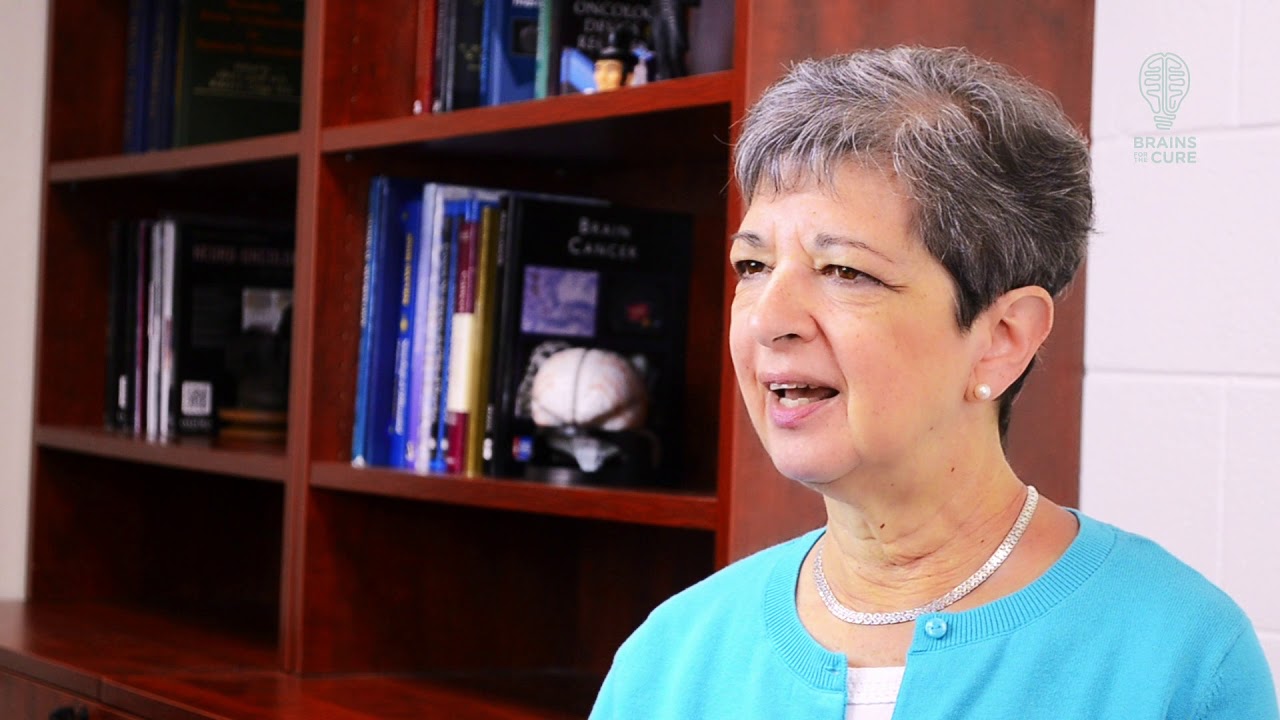
Telling Your Close Friends and Family
Receiving a brain tumor diagnosis is a difficult moment for you or your loved one.
April 11, 2024

Receiving a brain tumor diagnosis is a difficult moment for you or your loved one.
April 11, 2024
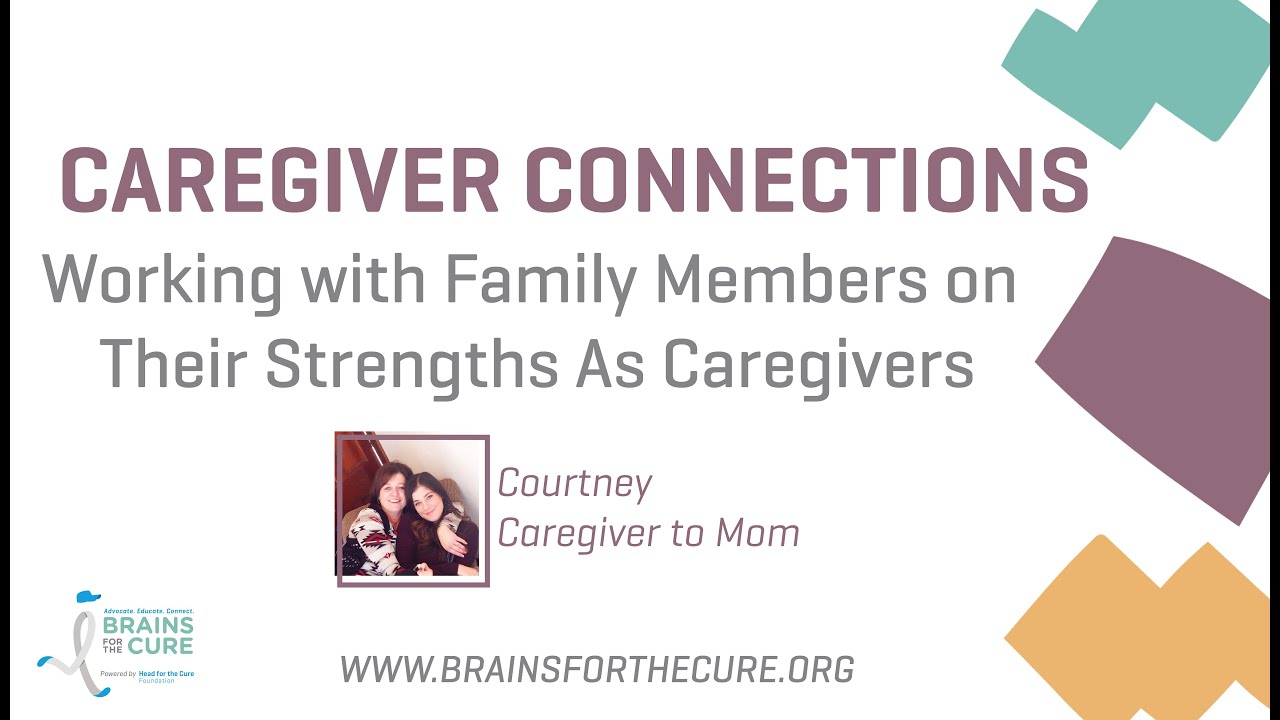
Caring for a loved one with a brain tumor is a deeply rewarding yet challenging role that requires caregivers to balance a multitude of responsibilities. From providing physical care and emotional support to managing household tasks and navigating medical appointments, caregivers often find themselves juggling numerous obligations. In this article, we explore practical strategies for caregivers to maintain balance and prioritize their well-being while caring for a brain tumor patient.Understanding Caregiving Obligations:Physical Care:Caregivers may be responsible for assisting with activities of daily living, such as bathing, dressing, and feeding.Administering medications, managing symptoms, and monitoring vital signs are also common tasks.
April 11, 2024
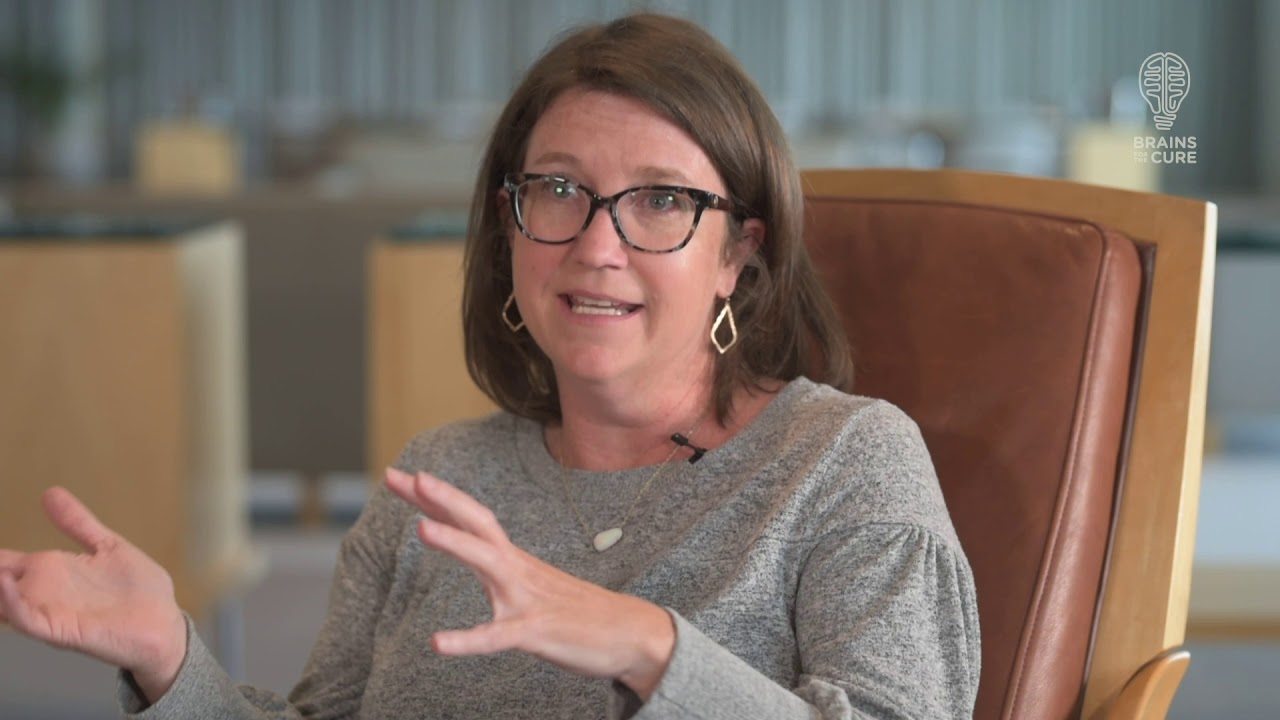
Caring for a loved one with a brain tumor is a trying experience that extends beyond the patient-caregiver relationship, impacting interactions with spouses, children, friends, and extended family members. Here, we dive into the complex dynamics of caregiving and explore how it effects relationships across different aspects of life. Spousal Relationships Caring for a spouse with a brain tumor often leads to profound changes in the marital relationship:Role Reversal: Caregivers may find themselves assuming roles traditionally held by their spouses, such as managing household finances, making medical decisions, and providing emotional support.
April 11, 2024
Healthy communication between a caregiver and a brain tumor patient is essential for providing effective care, fostering mutual understanding, and maintaining emotional well-being. Here are some tips for promoting healthy communication and topics to discuss:Tips for Healthy Communication:Active Listening: Practice active listening by giving the patient your full attention, maintaining eye contact, and acknowledging their feelings and concerns.Empathy and Validation: Show empathy by recognizing and validating the patient’s emotions and experiences. Avoid dismissing or minimizing their feelings.Openness and Honesty: Be open and honest in your communication, but also sensitive to the patient’s emotional state.
April 11, 2024
When a loved one gets a brain tumor diagnosis, someone must step into the crucial role of caregiver. This is a brave step to take, full of its own stresses and challenges, in addition to sharing in much of the stress that the patient is under. And while caregivers are understandably focused on putting the health and well-being of their loved one first, they’re often not prepared for just how hard their own road will be.
April 11, 2024
Caring for a loved one with a brain tumor is a profound and often isolating experience. While caregiving can be rewarding, it also comes with unique challenges that many outsiders may struggle to understand. In this article, we delve into the feelings of isolation and disconnection commonly experienced by brain tumor caregivers and explore strategies for overcoming these barriers to support. The Loneliness of the Journey: Lack of Understanding: Brain tumor caregiving is a complex role that encompasses emotional, physical, and practical challenges.
April 11, 2024
Receiving a diagnosis of brain cancer brings about a whirlwind of emotions and challenges, not least of which involves navigating changes in one’s body and intimate relationships. While the focus of treatment is often on eradicating the cancer and preserving life, the impact on one’s sexuality and intimacy is often overlooked. However, understanding how brain cancer and its treatments can affect intimacy and sex drive is crucial for patients and their partners to maintain healthy relationships and overall well-being.Body Changes and Intimacy: Brain cancer and its treatments can lead to various physical changes that can affect intimacy.
April 11, 2024

Written by Kim Asbury, Brains for the Cure Ambassador and Caregiver My sister, Lori Jo, and I have always had a very close relationship even before she was diagnosed with brain cancer. Considering she was …
March 3, 2021
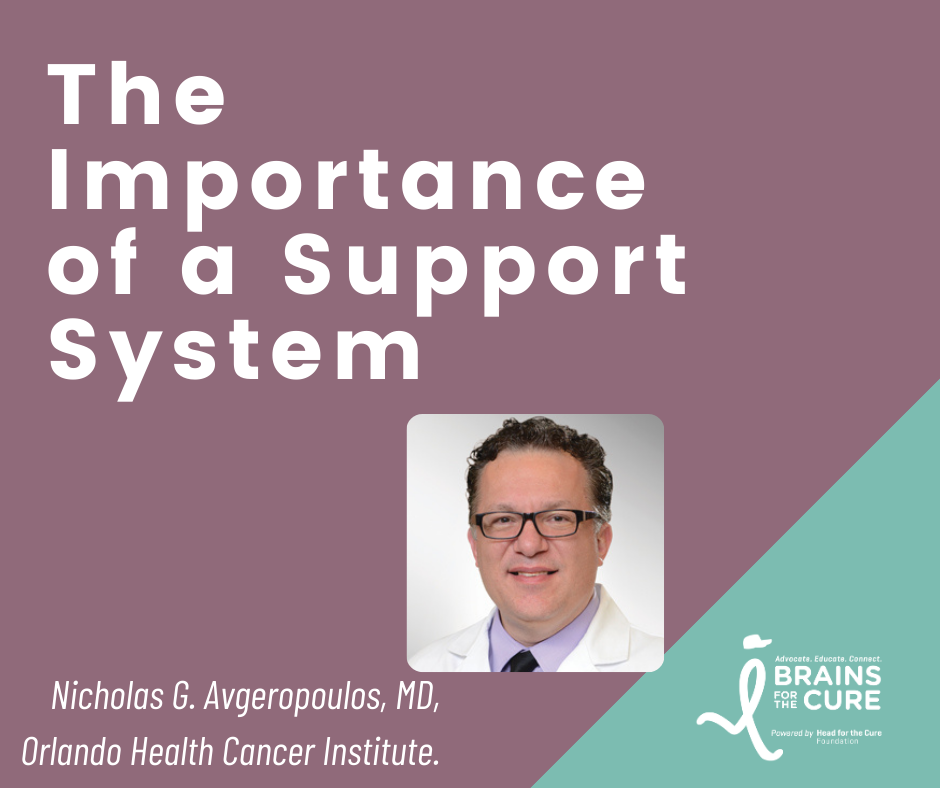
When treating a patient, no matter their diagnosis, a doctor learns about the patient, but also their family and friends. Dr. Nick Avgeropoulos wants to know the answers to many questions, so that he feels …
February 5, 2021
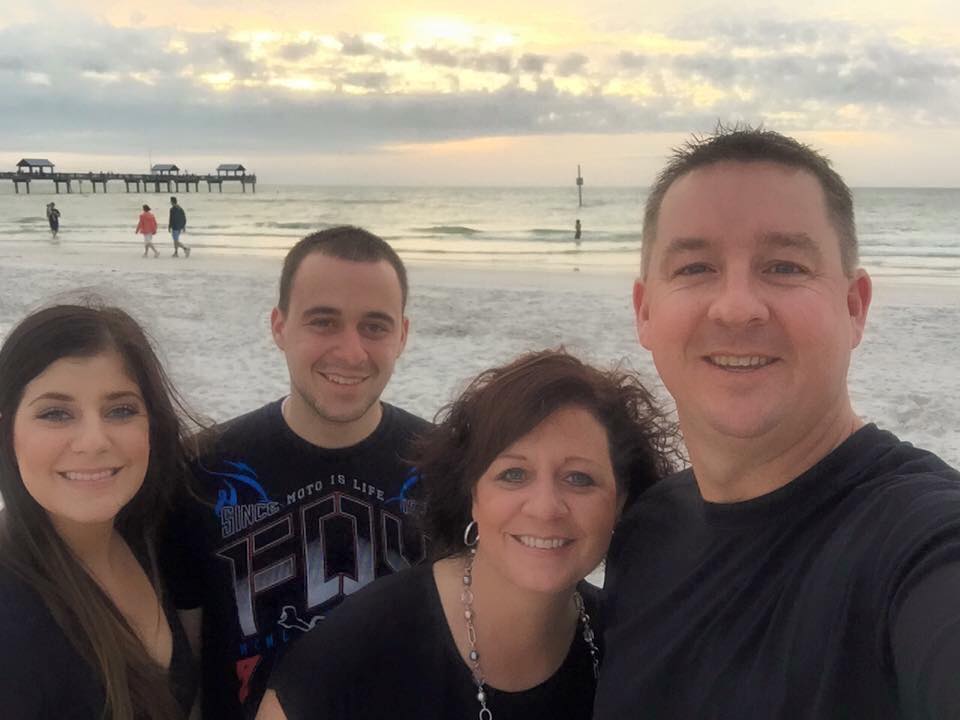
Written by: Courtney Benisch | Sr. Manager of Programs & Partnerships for Head for the Cure Being a caregiver for a loved one means you are by their side ready to do anything and everything at …
December 28, 2020